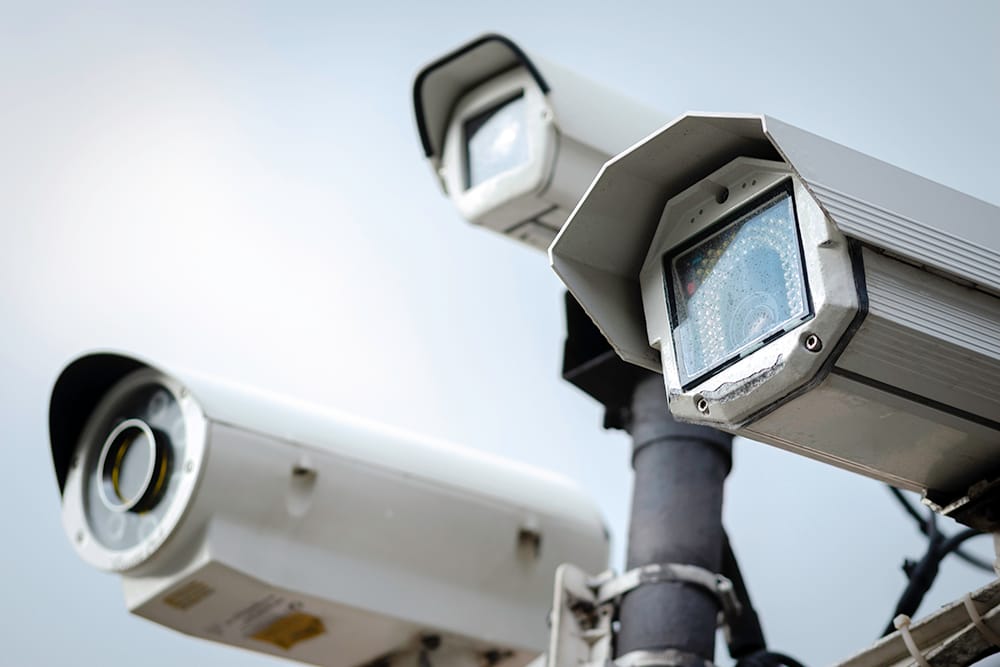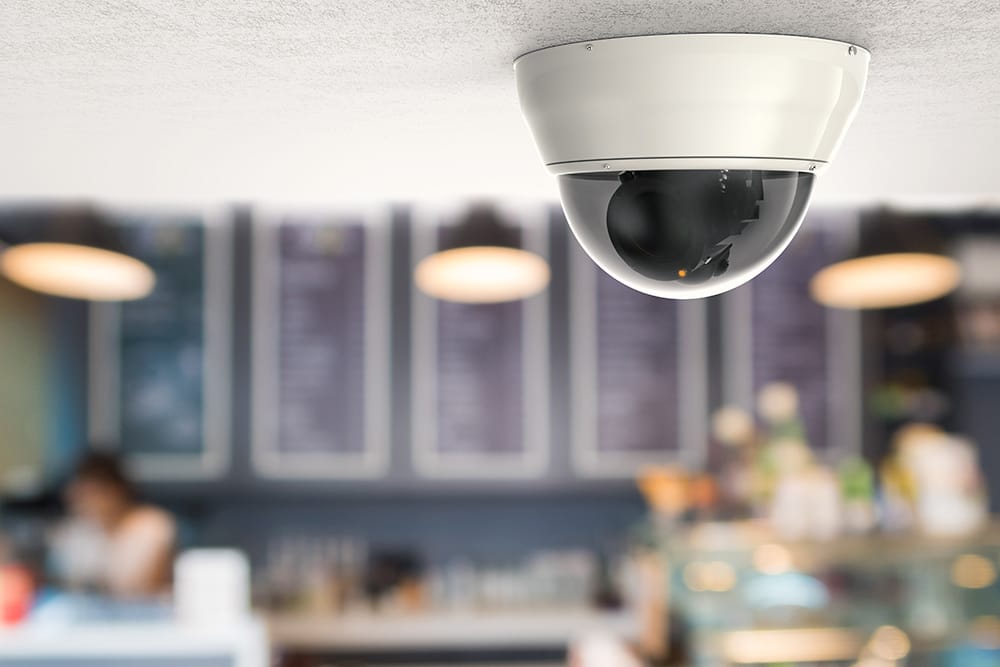The Evolution and Impact of CCTV Cameras: Enhancing Security in the Modern World
Closed-Circuit Television (CCTV) cameras have become an integral part of our daily lives, playing a crucial role in enhancing security and surveillance. Over the years, the technology behind CCTV cameras has evolved significantly, revolutionizing the way we monitor and protect our homes, businesses, and public spaces. This article explores the evolution, benefits, and impact of CCTV cameras in today’s society.
The concept of closed-circuit television dates back to the mid-20th century, with the earliest systems primarily used for government and military purposes. However, it wasn’t until the late 20th century that CCTV cameras began to gain widespread use in public and private sectors. Early CCTV systems consisted of bulky, analog cameras connected to VCRs, providing limited resolution and recording capabilities.
The shift to digital technology marked a turning point in the evolution of CCTV cameras. Digital systems brought about improved image quality, storage efficiency, and remote access. The introduction of internet protocol (IP) cameras allowed for seamless integration with computer networks, enabling users to monitor and manage their surveillance systems remotely.
Benefits of CCTV Cameras:
- Crime Deterrence: CCTV cameras act as a powerful deterrent against criminal activities. The mere presence of visible cameras can discourage potential wrongdoers from engaging in illegal activities, thus contributing to a safer environment.
- Evidence in Legal Proceedings: In the unfortunate event of a crime, CCTV footage serves as valuable evidence in legal investigations. High-resolution images and video recordings captured by modern cameras can help law enforcement agencies identify suspects and build strong cases.
- Employee Productivity and Safety: In business settings, CCTV cameras promote employee safety and can be instrumental in monitoring workplace activities. Additionally, they serve as a tool to enhance productivity and discourage unauthorized behaviors.
- Traffic Management: Cities worldwide deploy CCTV cameras for traffic monitoring and management. These cameras aid in identifying traffic violations, managing congestion, and improving overall road safety.
- Public Safety: Public spaces such as airports, train stations, and shopping malls utilize CCTV cameras to ensure the safety of citizens. These systems can quickly detect and respond to suspicious activities, helping to prevent potential threats.
While the benefits of CCTV cameras are undeniable, concerns regarding privacy have arisen. Striking a balance between enhanced security and individual privacy is crucial. Regulations and guidelines must be in place to ensure that surveillance systems are used responsibly and ethically. The implementation of privacy-enhancing technologies, such as facial recognition limitations and data encryption, can help mitigate these concerns.
Recent advancements in CCTV technology have further expanded the capabilities of surveillance systems. Artificial intelligence (AI) integration enables smart features like facial recognition, object detection, and automated alerts. These innovations enhance the efficiency of CCTV cameras, allowing for quicker response times and more proactive security measures.
The future of CCTV cameras holds exciting possibilities. Continued integration with AI and machine learning is expected to refine video analytics, making surveillance systems more intelligent and responsive. Additionally, developments in camera miniaturization and wireless communication will lead to more inconspicuous and versatile surveillance solutions.
CCTV cameras have come a long way from their humble beginnings, evolving into sophisticated systems that play a vital role in enhancing security across various sectors. As technology continues to advance, the impact of CCTV cameras on crime prevention, public safety, and overall security is likely to grow. It is essential for society to navigate the challenges posed by privacy concerns, ensuring that the benefits of CCTV technology are harnessed responsibly for the greater good.


